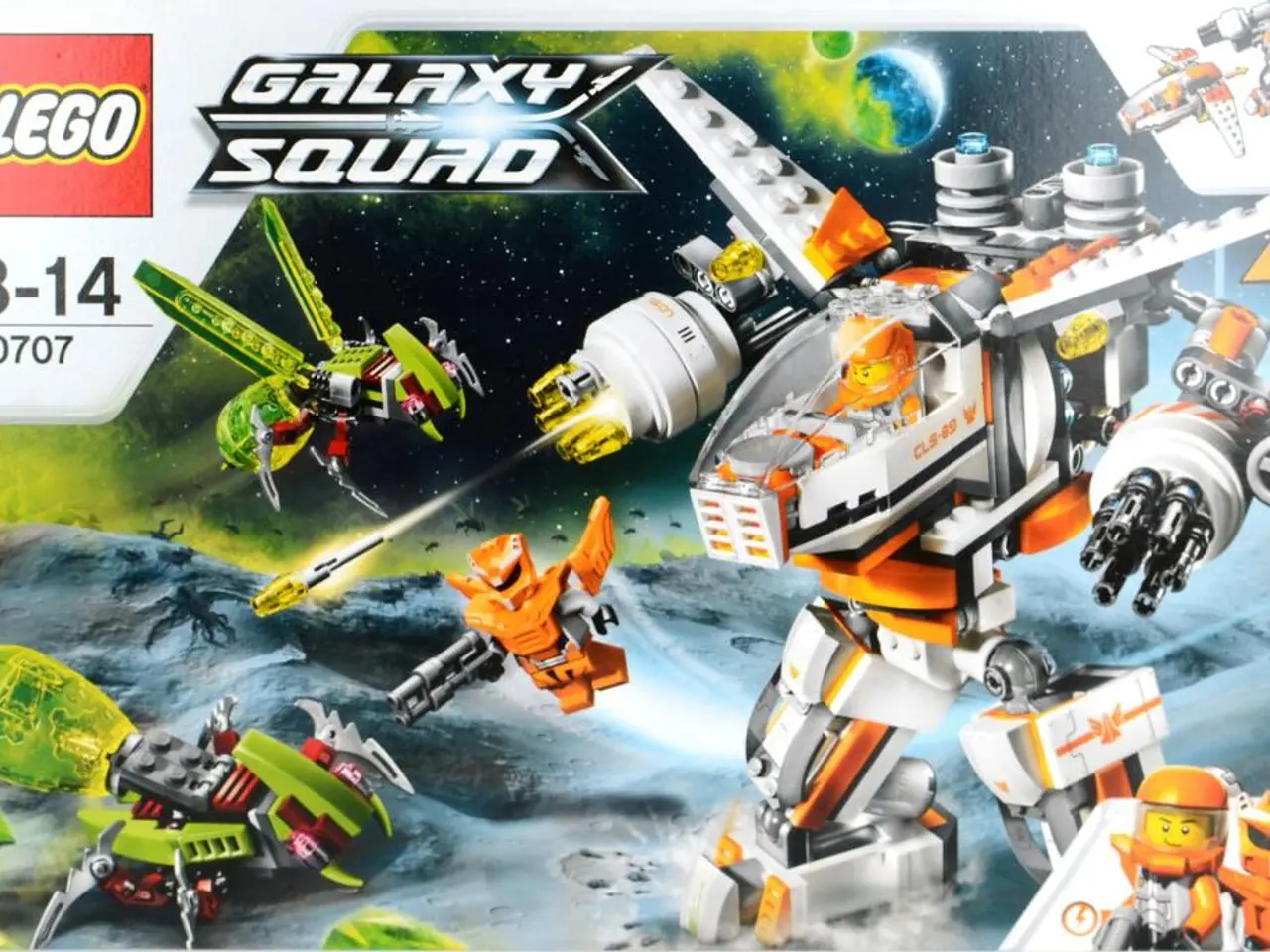ChatGPT, developed by OpenAI, targets Google's search monopoly in 2025 with its innovative AI technology
In the world of digital search, OpenAI's ChatGPT is poised to make waves by challenging Google's long-standing reign. With new features like DeepSearch mode and enhanced Retrieval-Augmented Generation, ChatGPT can pull real-time data and refine answers, providing solutions to complex queries that Google often finds challenging.
One of the key factors shaping this potential disruption is the ad-free, conversational search experience offered by ChatGPT. Unlike Google, which relies heavily on ads for revenue, SearchGPT delivers direct answers in a chat format, focusing on user trust and satisfaction.
Another significant factor is the real-time, AI-powered responses provided by ChatGPT. By delivering concise, comprehensive answers sourced live from the web, ChatGPT enhances the user experience and may reduce reliance on traditional search listings. This shift could potentially diminish Google's ad impressions and click-throughs.
Despite the potential disruption, analysts predict that ChatGPT search will capture only about 1% of the total search market share by late 2025, with Google continuing as the dominant player. Users may adopt hybrid workflows, using ChatGPT for conversational understanding and Google for detailed commercial or local queries, limiting severe ad revenue loss in the near term.
Google currently outperforms ChatGPT in commercial and local search intent, critical drivers of ad revenue. This differentiation could protect Google's search ad revenues since advertisers highly value intent-driven clicks.
The rise of tools like ChatGPT Agents, capable of performing deep research and multi-step tasks autonomously, could further impact Google's broader search ecosystem by shifting certain user activities away from traditional search.
In summary, by 2025, OpenAI's ChatGPT search strategy is expected to challenge Google's ad-driven search model by introducing an ad-free, AI conversational alternative that could reduce search ad impressions and clicks. However, Google’s strong position, AI-enhanced search features, and user habits will likely limit immediate ad revenue impact, favouring a future of coexistence and specialization rather than outright replacement.
If partnerships and user adoption scale, ChatGPT could siphon significant search traffic in 2025, potentially forcing Google to upgrade its AI. The legal filing from OpenAI, in the U.S. vs. Google antitrust case, reveals a strategy to challenge Google's dominance in search starting from 2025.
ChatGPT is already live on iOS and Android apps, offering voice search and multimodal inputs (text, voice, images) as versatile alternatives. OpenAI is focusing on long-tail queries, such as "2025 small business tax tips," to exploit Google's weaknesses. The filing suggests a secretive "BigBrain" mode for advanced reasoning, yet to be made public.
OpenAI is betting on premium tiers like SuperGrok to fund its search ambitions, avoiding Google's ad-driven approach. However, the subscription model must balance cost with user growth. Scaling LLMs for search is a costly endeavour for OpenAI.
Google controls over 90% of the search market, and OpenAI's efforts with ChatGPT could reshape the internet, shift web traffic patterns, and challenge the SEO-driven content ecosystem. OpenAI is eyeing deals with browser and device makers to embed ChatGPT as a default search option, targeting Google's Achilles' heel: default engine contracts. Google has billions in default search deals with companies like Apple and Mozilla.
Regulatory scrutiny could slow OpenAI's progress, particularly amidst increasing antitrust heat on Big Tech. The stakes are high, and the future of digital search is set for an exciting transformation.
The ad-free, conversational search experience offered by ChatGPT, an artificial-intelligence-powered alternative, could potentially reduce Google's ad impressions and clicks, as users might prefer this more user-friendly approach.
By focusing on long-tail queries, such as "2025 small business tax tips," and introducing advanced reasoning modes like BigBrain, ChatGPT aims to exploit Google's weaknesses and reshape the internet by challenging Google's dominance in search.




